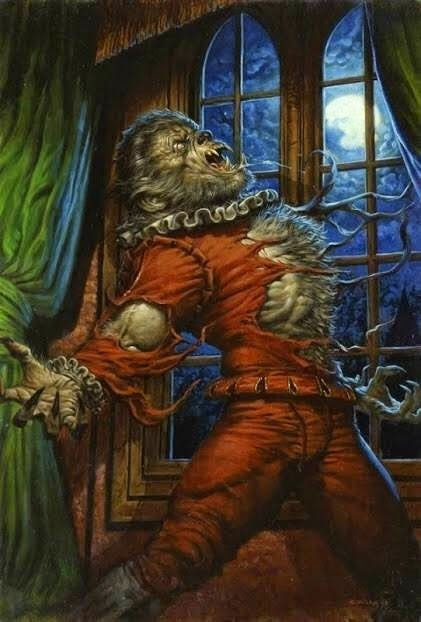

Around this time he founded the Salto Cycling Club and achieved the remarkable feat of cycling from his home town to Paysandú, a distance of 120 kilometres (74½ miles) From a very young age, he showed great interest in a variety of subjects and activities including literature, chemistry, photography, mechanics, cycling and country life. He studied at the National College and also attended the Polytechnic Institute of Montevideo for technical training. Quiroga finished school in Montevideo, the capital of Uruguay. Quiroga was baptized three months later in the parish church of his native town. Before Quiroga was two and a half months old, on 14 March 1879, his father accidentally fired a gun he was carrying in his hands and died as a result. At the time of his birth, his father had been working for 18 years as head of the Argentine Vice-Consulate. Horacio Quiroga was born in the city of Salto in 1878 as the sixth child and second son of Prudencio Quiroga and Pastora Forteza, a middle-class family. His influence can be seen in the Latin American magical realism of Gabriel García Márquez and the postmodern surrealism of Julio Cortázar. He also excelled in portraying mental illness and hallucinatory states, a skill he gleaned from Edgar Allan Poe, according to some critics. He wrote stories which, in their jungle settings, used the supernatural and the bizarre to show the struggle of man and animal to survive. Horacio Silvestre Quiroga Forteza (31 December 1878 – 19 February 1937) was a Uruguayan playwright, poet, and short story writer.


 0 kommentar(er)
0 kommentar(er)
